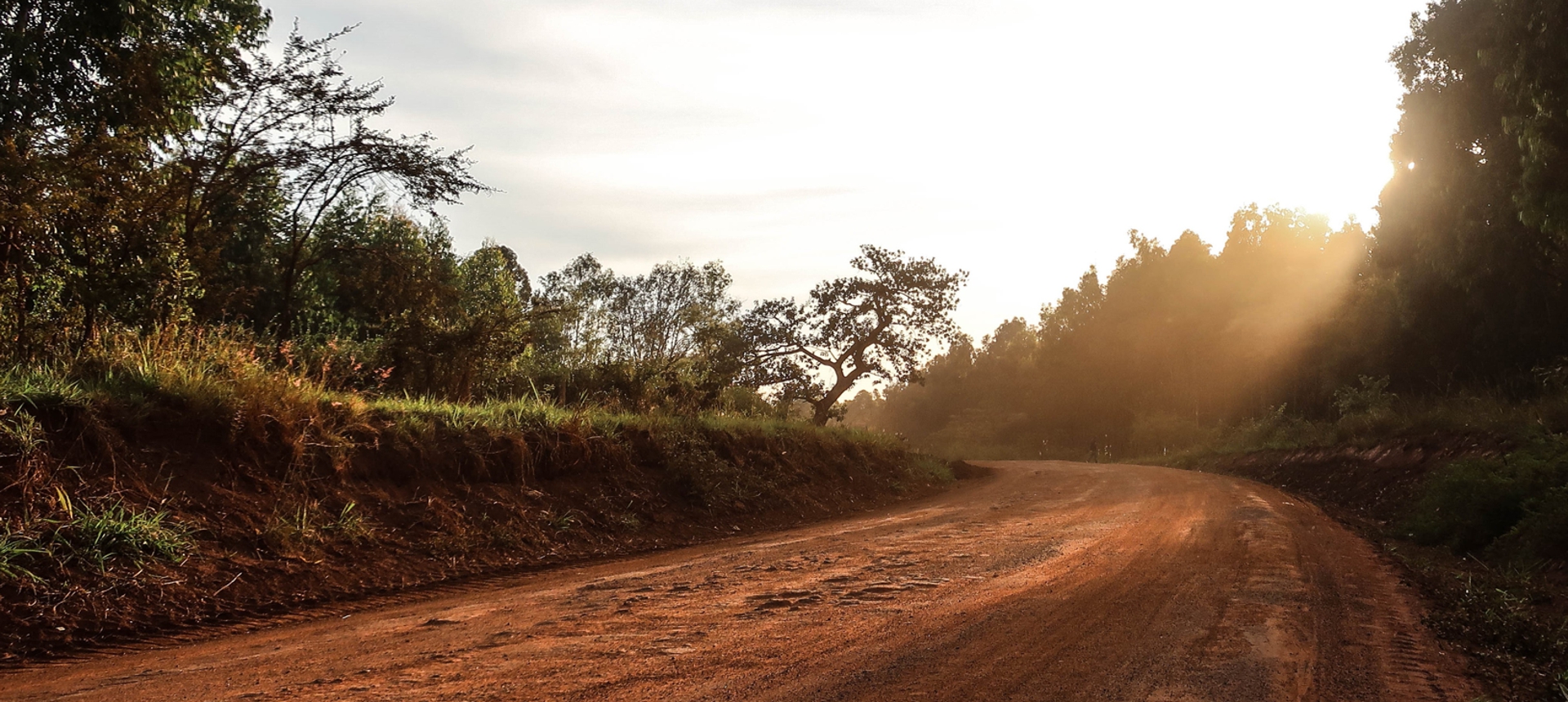In 2020 we have witnessed the many ways in which people around the world have stepped up to the one of the biggest challenges of our generation. The Laterite team has played its part and led by example. We are humbled by how the team responded to the situation; how colleagues have helped each other; and how we have navigated difficult decisions together; and by all the work that has gone in to providing continuity to the research we do, contributing valuable insights to the COVID-19 response, creating work opportunities for enumerators, and protecting the populations we survey.
As the year draws to a close, here are some of the key insights from our research in 2020:
Inequalities in basic education
COVID-19 is affecting the education of hundreds of millions of children around the world. Laterite’s research in 2020 has shed light on how governments, NGOs and EdTech companies have stepped up in incredible ways to provide some continuity to education in some of the most remote and under-connected places in East Africa. Our research also shows that COVID-19 will have a lasting effect on the structure of basic education systems – we anticipate that fewer children will transition through to secondary education, setting progress on secondary enrollment levels back by several years. COVID-19 has exposed inequalities in our education systems – we hope that this will inspire structural reform.
East Africa has defied the doomsayers
The worst fears for East Africa in 2020 did not materialize. Most countries were quick to deploy a policy response to contain the spread of the virus, and so far the pandemic remains under relative control in the region. While economies have suffered – with pressures on exports, tourism, FOREX – food and medicine supply chains have so far held. Our work on high-frequency phone surveys confirms that access to staple food and medicine have remained steady; that livestock and farm-based activities are mostly unaffected; and that employment rates which dropped in the early days of the pandemic have rebounded. Households relying on non-farm business and wage employment have been impacted the most across East Africa. This, combined with the effects of COVID-19 on education, might further exacerbate the youth employment problem in the future.
Agriculture continues to be the backbone of East African economies
In 2020, we had the opportunity to continue our research into agriculture in East Africa. As part of this drive, we followed coffee farmers across five countries throughout the pandemic. We have seen that coffee farming activities have continued mostly as expected, and while farming households have faced challenges, they are increasingly optimistic about the future. Beyond COVID-19, our coffee research has shown how providing farmers with nudges, for example farming tools, can encourage them to stump their coffee trees, one of the key binding constraints to coffee productivity in the Ethiopian context. Our agriculture research has also explored gender dynamics within households; the seasonality of farming practices; the strong link between geospatial features and observed farming practices and outcomes; group dynamics in farm college programs; and the impact of a tree seed distribution and training program.
Trust in data and science
2020 demonstrated the importance of data and of predictive models. The world has learned about epidemiological models, about the R value, and how crucial these have been in managing the periods of lockdown and relative opening. Moving forward, data will be more important than ever because COVID-19 has changed things and created a lot of volatility. Assumptions that held true before might no longer apply moving forward. We believe that evidence-based decision making is as important as it’s ever been and we want Laterite to be a partner to organizations looking to use evidence to increase the effectiveness of their programs.
Yet it has never been so difficult to collect good data, without doing harm
For research organizations like ours, COVID-19 has created one of the biggest dilemmas: when is it safe and justifiable to go back to face-to-face data collection? As researchers we make a commitment to do no harm, respect ethical standards, and do everything we can to be respectful of and to protect respondents. We also have responsibilities as an employer, providing short-term opportunities to over 1,000 enumerators.
We have had to think through complicated questions: our responsibility towards respondents; generating employment for enumerators while recognizing the risks we place them under; finding the right balance between affordability and precaution; and deciding when to proceed with field projects. We have developed strict guidelines to help us return to the field while doing everything possible to protect our respondents and enumerators. In the process, we have discovered that in many cases there seem to be no right answers or authoritative guidance. We’ve had to rely on judgement, which is not always a comfortable place to be in – but it is a sentiment that is symptomatic of 2020.
Dimitri Stoelinga and Sachin Gathani founded Laterite ten years ago
Photo credit: Niclas Dehmel, via unsplash
